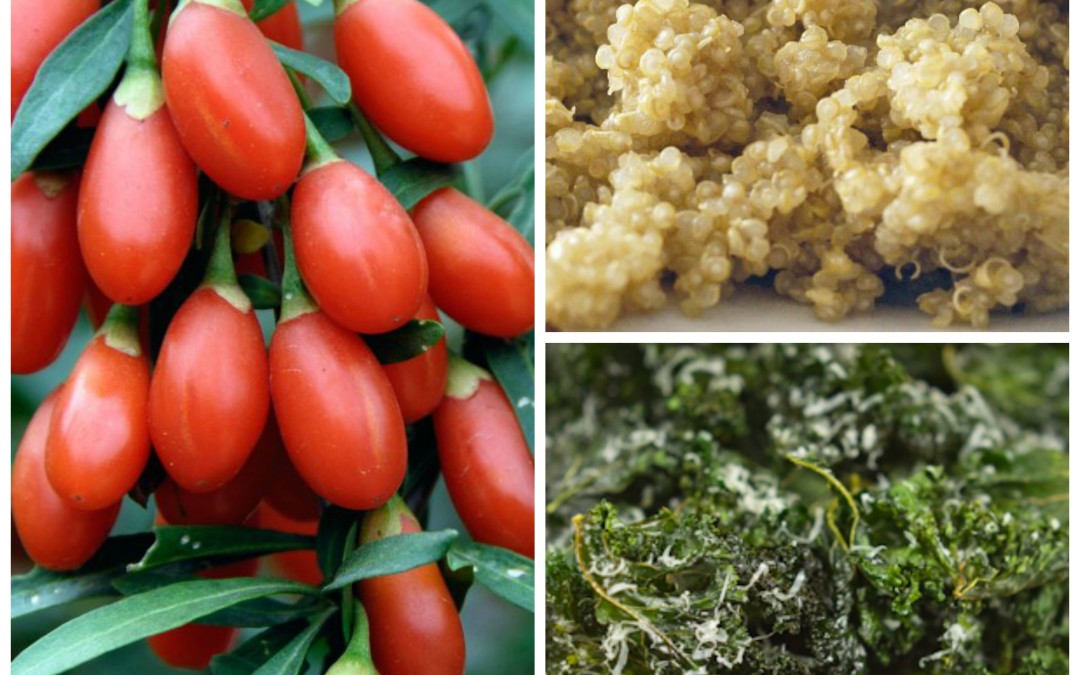The term “superfoods” has been floating around the English language for quite a few years now. It’s usually targeted towards the “it” food of the moment, whether that be kale, quinoa, wheatgrass, goji berries, or seaweed. And while these foods may not cure cancer or do any of the other “super” things that a lot of sensationalist magazine and newspaper articles will sometimes claim, there is some truth in superfoods being better than their purely average counterparts.
Superfoods do actually have more nutrients than most – hence the term “nutrient-rich” often being used to describe them. These nutrients often come in the form of vitamin content, but it’s also important to realize that while these foods may be rich in nutrients, there’s also no consensus on the actual definition of the term nutrient-rich or what it means. What does that mean? It means that there isn’t a scientific approach to defining what a superfood is and what the nutritional content should be in order to qualify something as a superfood.
What’s Considered a Superfood and Why?
There’s a pretty wide variety of foods that are considered to be superfoods, and they range from grains to leafy greens to sweet fruits. Here’s a quick breakdown of the most popular superfoods, the claims that people make about their nutritional content, and their actual nutritional value.
Superfood Alleged “Superpower”
| Blueberries |
|
| Chia seeds |
|
| Goji Berry |
|
| Kale |
|
| Kombucha |
|
| Quinoa |
|
| Wheatgrass |
|
Why the Superfood Hoopla?
Superfoods make great stories. What magazine wouldn’t want to run a story with a headline that integrating a specific grain or a type of berry into their diet will make them healthier, help them lose weight, or give them more energy? The popularity of superfoods has gained a lot of steam from stories in the media and some (though not all) unfounded health and nutritional claims. Superfoods can offer great nutritional content, but they don’t cure cancer and won’t make you lose two pants sizes in three weeks. The problem is that while superfoods can be a great way to add extra nutrition to your diet, eating a balanced diet is still a much more important part of becoming and staying healthy.
Superfoods aren’t bad – quite the contrary, they’re often healthy foods to work into your diet, if for no other reason than they’re generally fresh fruits and vegetables or grains. But don’t always believe the hype that a superfood is superior because it has healing properties. The saying “if it seems too good to be true, it probably is” rings true.






Trackbacks/Pingbacks